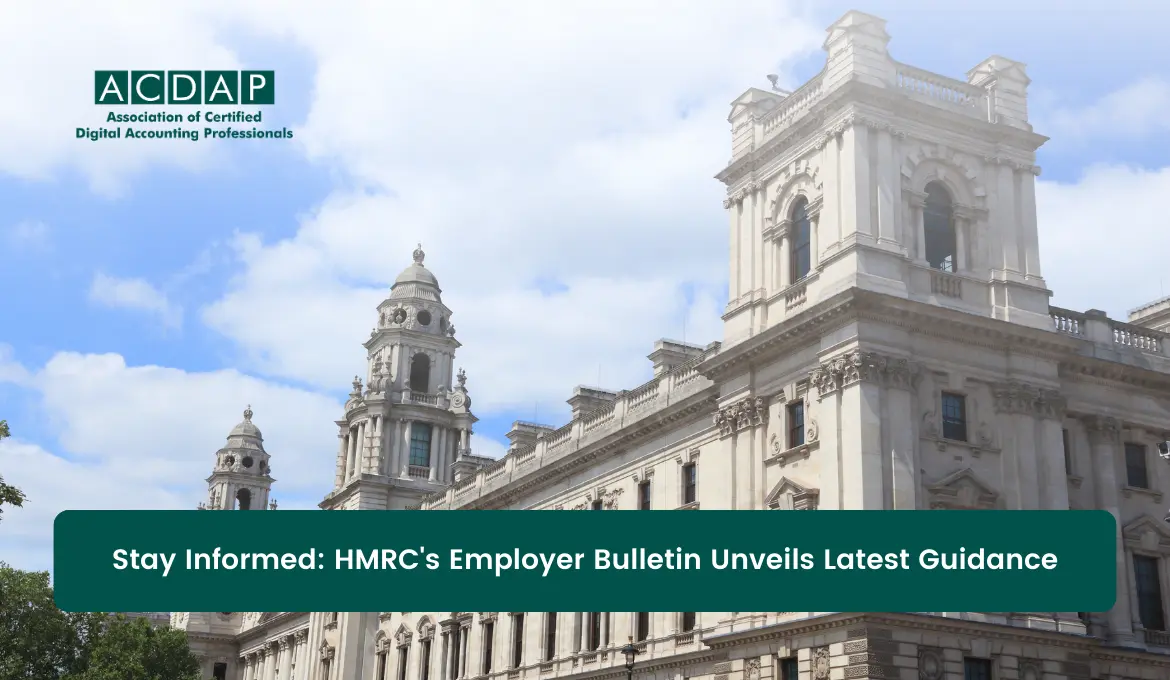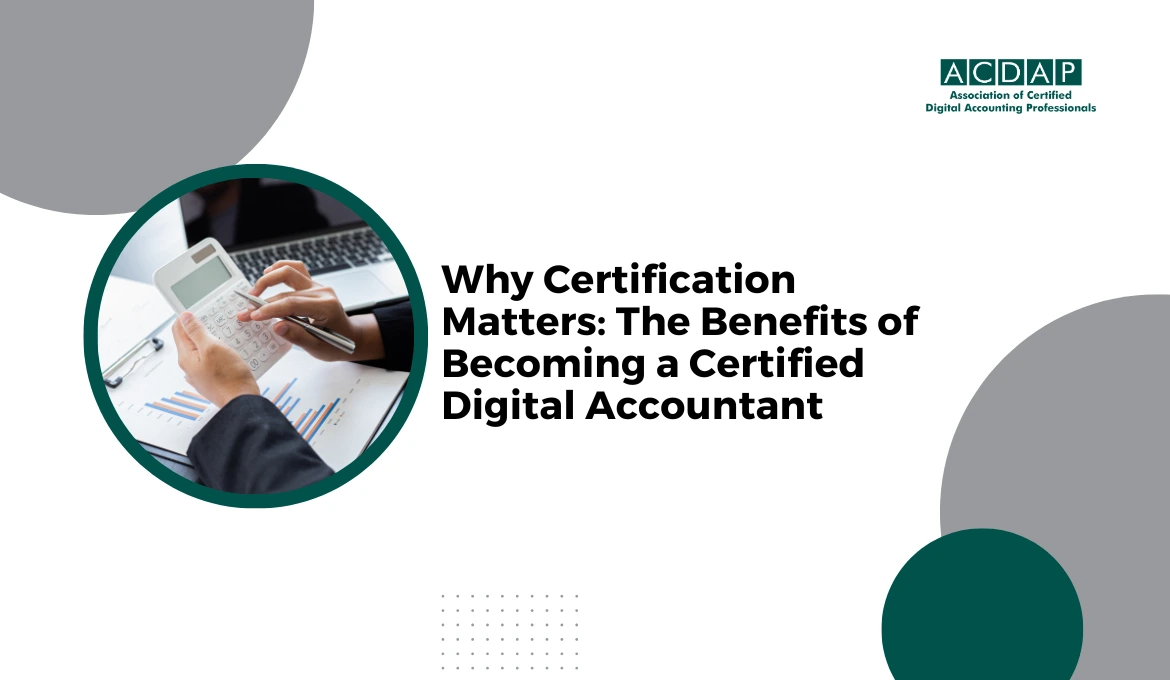Staying updated about the latest tax regulations and compliance needs is crucial for any business operating in the UK. The HM Revenue and Customs (HMRC) Employer Bulletin is a valuable resource, offering employers timely and essential updates.
The latest Employer Bulletin provides vital guidance on several key issues, ensuring that businesses can navigate the complexities of tax administration with greater ease and confidence.
Understanding the Importance of the Employer Bulletin
The HMRC Employer Bulletin is a bi-monthly publication that provides employers with the latest updates, guidance, and news related to payroll, tax, and other employer-related obligations. It serves as an authoritative source of information, helping businesses stay compliant with current laws and regulations.
Regularly consulting the bulletin can prevent costly mistakes, streamline payroll processes, and ensure employers are fully aware of their responsibilities.
Critical Updates in the Latest Edition
The most recent edition of the HMRC Employer Bulletin covers various topics pertinent to employers of all sizes. Here are some of the critical updates and guidance provided:
- National Insurance Contributions (NICs): The bulletin highlights changes in NICs that employers must know about. This includes updates on thresholds and rates, which affect payroll calculations and overall business expenses. Staying informed about these changes ensures employers can accurately deduct NICs and avoid penalties.
- Employment Allowance: Updates on the Employment Allowance are also included, providing information on eligibility criteria and how to claim. This allowance can significantly reduce the National Insurance bill for eligible employers, so understanding the latest guidance is essential for maximising savings.
- Statutory Sick Pay (SSP): With ongoing changes in workplace health policies, the bulletin offers updated information on SSP. This includes guidance on who qualifies for SSP, the rates applicable, and the procedures for reporting and claiming SSP. Ensuring compliance with SSP regulations is crucial for employee welfare and legal adherence.
- PAYE Settlement Agreements (PSAs): The bulletin provides detailed guidance on PAYE Settlement Agreements (PSAs), which allow employers to make one yearly payment, including tax and National Insurance contributions on minor, irregular, or impractical-to-operate employee benefits. Understanding PSAs can simplify tax reporting and reduce administrative burdens.
- Pensions Auto-Enrolment: The bulletin also features updates on pension auto-enrolment. It covers changes in minimum contribution rates and employer duties regarding auto-enrolment. These updates ensure employers can meet their obligations and support their employees' retirement savings.
- Brexit-Related Changes: For businesses involved in international trade, the bulletin addresses Brexit-related changes that impact tax and customs processes. This includes new procedures for importing and exporting goods, changes in VAT treatment, and guidance on employing EU nationals post-Brexit.
- Support for Small Businesses: The bulletin also includes information on support schemes available to small businesses, such as grants, loans, and tax reliefs. This guidance can help small business owners navigate financial challenges and utilise available resources.
Practical Steps for Employers
To make the most of the information provided in the HMRC Employer Bulletin, employers should consider the following practical steps:
- Regular Review: Review each new edition of the Employer Bulletin regularly. Assign a specific team member to monitor updates and ensure that relevant information is disseminated within the organisation.
- Training and Awareness: Conduct regular training sessions for your payroll and HR teams to ensure they know the latest guidance and updates. This can help minimise errors and improve compliance with tax regulations.
- Update Payroll Systems: Ensure that your payroll systems and software reflect the latest updates in tax rates, thresholds, and regulations. This can help automate compliance and reduce the risk of manual errors.
- Seek Professional Advice: For complex issues or significant changes, consider seeking advice from tax professionals or consultants. They can provide tailored guidance and ensure that your business complies with regulations.
- Engage with HMRC: If you have questions or need clarification on any updates, please contact HMRC directly. Engaging with HMRC can provide accurate information and assist in resolving any uncertainties.
The Role of Technology in Compliance
Incorporating technology into your compliance strategy can significantly enhance your ability to stay up-to-date with HMRC guidelines. Automated payroll systems, tax compliance software, and digital record-keeping can streamline processes and ensure your business adheres to the latest regulations.
Moreover, many software solutions offer updates in real-time, automatically adjusting to new tax rates and thresholds as they are announced.
Payroll Software
Modern payroll software can handle complex calculations, generate accurate payslips, and ensure timely payments. By integrating the latest HMRC updates, these systems can help maintain compliance with NICs, PAYE, and other payroll obligations.
Tax Compliance Tools
Tax compliance tools can help businesses manage their tax reporting and filing requirements. These tools can track changes in tax laws, generate accurate reports, and facilitate easy submission to HMRC.
Digital Record-Keeping
Maintaining digital records of all transactions, payroll data, and tax filings can simplify the audit process and ensure you have all necessary documentation readily available. Digital records are also easier to update and manage than traditional paper-based systems.
The Future of Employer Compliance
As regulations continue to change, the role of the HMRC Employer Bulletin will remain crucial in helping businesses navigate the complexities of tax and payroll compliance. Employers must stay proactive in monitoring updates and implementing necessary process changes.
Anticipating Changes
Employers should stay informed about potential regulatory changes that could impact their operations. This involves reviewing the Employer Bulletin and keeping an eye on broader economic and political developments that could influence tax policy.
Building a Compliance Culture
Fostering a compliance culture within your organisation can ensure everyone understands the significance of following the regulations. This includes training employees, promoting ethical practices, and establishing clear procedures for managing compliance.
Leveraging Expertise
Utilising the expertise of tax professionals, legal advisers, and compliance specialists can provide valuable insights and help your business stay updated about regulatory changes. These experts can offer tailored advice and support, ensuring your compliance strategy is robust and effective.
Wrap up
The HMRC Employer Bulletin is an indispensable resource for UK businesses. It provides timely and essential updates on tax and payroll regulations. By staying informed and proactively implementing the guidance provided in the bulletin, employers can ensure compliance, avoid costly mistakes, and effectively support their employees.
As the regulatory landscape continues to transform, the importance of staying informed and embracing changes cannot be overstated. With the right tools, strategies, and support, businesses can explore the complexities of tax compliance and achieve long-term success.


























